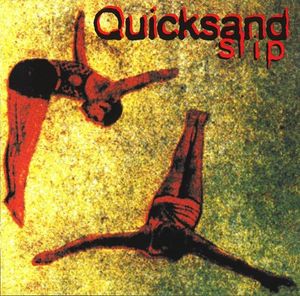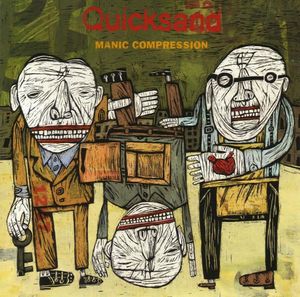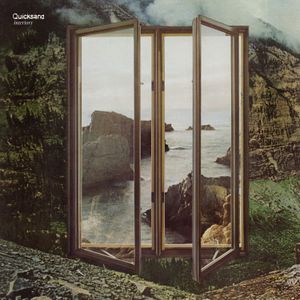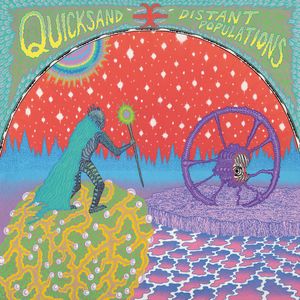

Quicksand
Follow Your Favorite Band Today!
Top Quicksand Community Posts
Story of Quicksand
Quicksand: A Post-Hardcore Powerhouse
Hailing from the vibrant New York City music scene, Quicksand emerged in 1990 as a leading force in post-hardcore. Their raw energy and distinct sound, drawing influences from bands like Fugazi, Helmet, and Jane's Addiction, set them apart.
Early Days and Major Label Success
Quicksand burst onto the scene with their self-titled debut EP, quickly followed by two critically acclaimed major label albums: "Slip" (1993) and "Manic Compression" (1995). These records showcased their signature blend of angular riffs, driving rhythms, and introspective lyrics, captivating audiences worldwide.
Extensive Touring and Internal Struggles
The band tirelessly toured in support of their releases, spreading their music far and wide. However, despite their growing fanbase, they faced challenges with achieving mainstream success, a disappointment for their label. Coupled with internal pressures, these factors ultimately led to the band's initial disbandment in 1995. A brief reunion in 1999 ended in a failed attempt to reignite the flame.
Reunion and Continued Success
In 2012, Quicksand unexpectedly reunited for a one-off show, igniting a resurgence of interest in their music. Since then, they have performed numerous live shows, delighting longtime fans and introducing their sound to a new generation. This renewed momentum culminated in the release of their third studio album, "Interiors" (2017), their first full-length in 22 years, and their latest, "Distant Populations" (2021).
Influence and Legacy
Quicksand's impact extends beyond their own music. Their unique blend of post-hardcore, alternative rock, and experimental sounds continues to inspire contemporary bands. Their legacy rests on their fierce dedication to their craft, their undeniable musical talent, and their lasting influence on the alternative music landscape.
Frequently Asked Questions
Bands you may like
More Post Hardcore Bands
Discover more bands in the Post Hardcore genre and explore the diverse sounds that define this musical style.
Browse All Post Hardcore BandsMore Bands from United States
Discover the rich musical heritage of United States and explore bands that represent the country's unique sound and culture.
Browse All United States Bands



